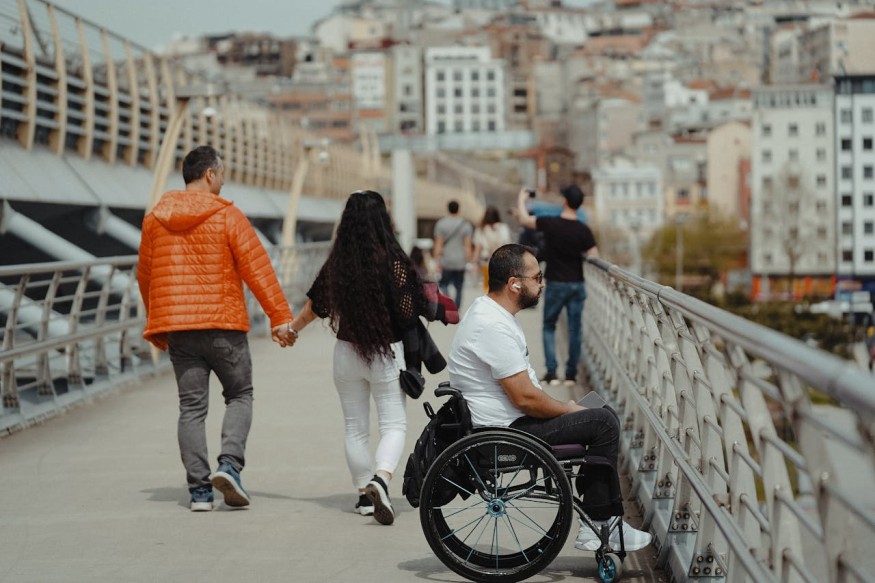
Physical disabilities can significantly impact mental health, creating a range of unique challenges.
Physical Disabilities and Mental Health
People with physical disabilities are more likely to encounter mental health difficulties than the general population. In England, two-thirds of people report facing mental health issues at some point in their lives. This prevalence highlights the need to address emotional and psychological well-being.
Raising awareness about mental health is crucial in reducing stigma and discrimination. By promoting acceptance and support, barriers can be removed, enabling people with disabilities to achieve better mental health. Studies and clinical experiences demonstrate that, with proper support and assessment, people with disabilities can enjoy good mental and physical health.
Mental Health Challenges of People with Physical Disabilities
People with physical disabilities often face several mental health challenges. Several factors contribute to these challenges, including social constraints, loneliness and isolation, lack of integrated care, and social discrimination. Here are some of the most common mental health challenges faced by people with physical disabilities:
Stress
Stress is a common response to challenging situations, characterized by feelings of tension, worry, and pressure. For people with physical disabilities, stress may stem from daily obstacles, accessibility issues, and managing their health. Persistent stress can impact overall well-being, leading to physical and emotional exhaustion.
Anxiety
Anxiety involves persistent and excessive worry about various aspects of life. For those with physical disabilities, anxiety may be triggered by concerns about health, social interactions, and future uncertainties. Symptoms can include restlessness, difficulty concentrating, and physical manifestations like increased heart rate.
Depression
Depression is a mood disorder that causes persistent feelings of sadness, hopelessness, and loss of interest in activities once enjoyed. Those with physical disabilities might experience depression due to chronic pain, social isolation, or perceived limitations. It can affect one's ability to function in daily life and may require professional treatment.
Post-Traumatic Stress Disorder (PTSD)
PTSD is a mental health condition triggered by experiencing or witnessing a traumatic event. People with physical disabilities may develop PTSD from accidents, medical procedures, or other traumatic experiences leading to their condition. Symptoms include flashbacks, nightmares, severe anxiety, and uncontrollable thoughts about the event.
Identity Issues
Identity issues involve struggles with self-concept and self-worth. People with physical disabilities might face challenges in accepting their disability as part of their identity. This can lead to feelings of inadequacy, confusion, and a diminished sense of self, affecting their overall mental health.
Anger Issues
Anger issues refer to difficulty managing feelings of anger and frustration. Those with physical disabilities may experience heightened anger due to ongoing frustrations with their limitations, societal barriers, or perceived injustices. Uncontrolled anger can strain relationships and impact mental well-being.
Relationship Difficulties
Relationship difficulties encompass challenges in forming and maintaining healthy interpersonal connections. Physical disabilities can affect social interactions, leading to feelings of isolation and misunderstandings. These difficulties can arise in various relationships, including family, friendships, and romantic partnerships, potentially leading to increased emotional distress.
Maintaining mental well-being is crucial for people with physical disabilities. Awareness and support can help them learn, work, and interact within their communities. Emotional well-being is key to achieving education, employment, and a fulfilling life. Therapy and counseling can significantly impact people with physical disabilities, helping them build self-awareness, accept their limitations, and focus on their strengths. Mental health professionals provide essential support, enabling people to live fulfilling lives despite their challenges.
